Over the past two years, the Smart Buildings Center (SBC) has been performing a Diversity, Equity & Inclusion (DEI) self-assessment to analyze SBC program reach, participation, and success rates in Washington State to establish baseline metrics and set goals for improvement. This work was born out of a discussion with the SBC Board of Directors about the need for a more critical examination of our work and the role we can and should play in supporting a more equitable community. The following provides an update on the self-assessment, which remains in process, and highlights some initial steps the SBC has taken to leverage opportunities to promote equity. Once the self-assessment is complete, SBC will develop a DEI action plan with annual reporting to the Board of Directors on progress.
As an initial step of the self-assessment, SBC worked with the Pacific Northwest National Laboratory (PNNL) through technical assistance provided by the U.S. Department of Energy’s Better Buildings Workforce Accelerator to develop a replicable and scalable dashboard that analyzes BOC Program participant diversity, and systemic barriers to success amongst specific groups, to provide staff with a baseline on current program participant diversity that can be leveraged to set goals and track improvement over time. PNNL produced two reports detailing the development of the dashboard and the analysis results which are summarized and linked below. The BOC Program, which trains building operators and facility staff in efficient building management, reaches a population that spans forty states. Staff started the self-assessment with the BOC Program because it is our largest program and consequently provided a substantial opportunity for impact. While the program spans forty states, this initial analysis was conducted on the Washington State program; we hope to expand this work more broadly in the future.
The analysis included 1,658 Washington State BOC training and certification candidates over a ten-year period (2010-2020) and utilized self-reported zip codes (home or work) in conjunction with U.S. Census, U.S. Environmental Protection Agency, and Washington State demographic, socioeconomic, and environmental health data to draw conclusions. Because gender was the only demographic indicator available for some candidates and a work address rather than a home address was only available for other candidates, the results are not 100% accurate, but show important trends and opportunities for improvement. It is also important to note that participant location (home or work) does not necessarily mean participants are members of represented demographic and socioeconomic groups.
Most BOC program participants included in the analysis are from the Seattle-Tacoma area with clusters of participants from other large and mid-sized cities such as Wenatchee, Yakima, Tri-Cities, and Spokane. The majority of BOC certification program participants were male (52%), followed by female (24%) with the remaining 24% not specifying a gender. Fifteen percent of certification program participants identified as military veterans but only one identified as a female veteran. The sectors with the greatest representation were Property Management (23%), City/County Government (17%), Healthcare (13%), Other (9%), College/University (6%), Utility (6%), Hospitality (5%) and State Government (3%). Participants are skewed towards communities with higher than average (state-level) education and lower percentages of residents who are linguistically isolated. Participants are more likely to come from counties that are predominantly White and non-Hispanic and experience lower levels of poverty. Women are also underrepresented in the BOC training program and the disparity increases from BOC Level I, where 11.82% of participants are women, to Level II, where 8.95% of participants are women.
The analysis identified opportunities across a range of areas including:
- Opportunities to expand outreach and participation in rural communities, including agricultural areas in central and southeastern Washington
- Opportunities to expand outreach and participation from underserved census tracts in urban areas or in areas bordering large cities including South Puget Sound, some areas north of Seattle such as Northgate, Everett, and Fairmont, the Spokane Valley, and North Spokane
- A need for additional research to identify strategies and support pathways for expanding opportunities for women in facilities maintenance, operation and management
In addition to examining the SBC’s Building Operator Certification (BOC) program, staff have also examined data from the annual Smart Buildings Exchange conference and will soon conduct a DEI survey to gather and analyze data from SBC staff, the Board of Directors, SBC partners, Northwest Energy Efficiency Council (NEEC) members, BOC instructors, BOC graduates, SBC event speakers, and Tool Lending Library members. While we intend to use this analysis to form an action plan and to establish thoughtful, meaningful objectives and strategies that stem from that analysis, we also saw an immediate opportunity to expand diversity in our partnerships by offering a complimentary Women-Minority-Owned-Business-Enterprise (WMBE) SBC Partnership Level. At this level, partners can promote their businesses with logo placement in all places where partner logos are included and receive a featured blog post to further spread awareness of their products and services.
If you would like to learn more about SBC’s DEI efforts, including our complimentary WMBE SBC Partnership Level, upcoming DEI survey, and expanded outreach efforts, please contact Britton Rife.
BOC Training Program Analysis Report
BOC Certification Program Analysis Report
